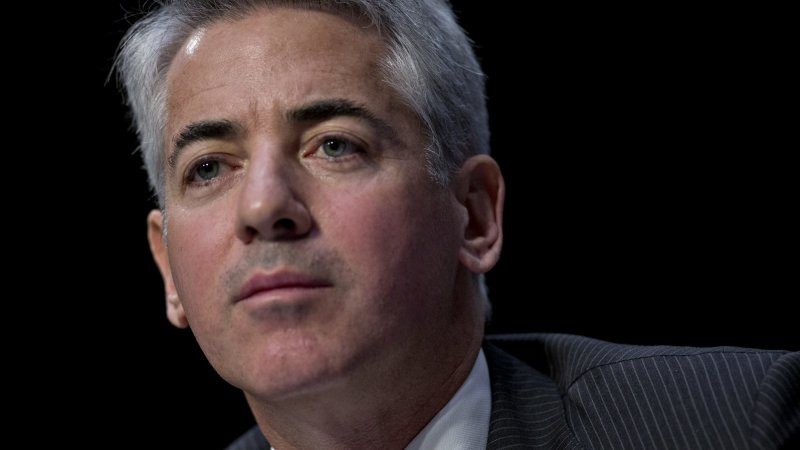But another fascinating perspective this week came from an unlikely source.
In his annual letter to shareholders, veteran Wall Street investor Bill Ackman provided a reminder of what the super sector is really about, and called for the United States to consider adopting a similar scheme to Australia’s.
Not as a way of lining the pockets of fund managers, although such a scheme would probably be good news for Ackman’s investment house Pershing Square. Rather, Ackman sees such a scheme as a way of dealing with rising inequality, which he argues threatens the capitalist system.
“If we are to avoid continued political risk and disharmony which create serious risks to the sustainability of the capitalist system, we need to find a way for those left behind to participate to a greater extent in capitalism, broadly defined,” Ackman wrote.
“This is an important problem that must be addressed, and it is incumbent upon all of us, particularly those of us who are the greatest beneficiaries of the system, to find a potential solution.”
A retirement account from birth
Ackman argues that for a range of reasons – including the GFC wiping out wealth tied up in housing – the after-tax investment returns have significantly outpaced wage growth, handing the biggest gains to the wealthy.
Too many Americans, Ackman argues, have little chance of building wealth for retirement that can be passed down to future generations.
Ackman’s solution is to give Americans a greater share of the benefits of capitalism by making “every American an owner of the compounding growth in value of corporate America”.
There are two ways this could be done.

Pershing Square Capital CEO Bill Ackman. Bloomberg
The first is for the government to give every child born in the US a $US6,750 retirement account at birth – which would be invested in zero-cost equity funds and compound, tax free, for 65 years. It would cost the state $26 billion a year, but would leave everybody with $US1 million in retirement assets.
The second solution is for employers to contribute to retirement accounts for workers “similar to the approach used by the highly successful and popular Australian superannuation system, which has created savings of scale for growing generations of its citizens”.
An opportunity to participate in capitalism
Ackman marvels that “Australia has created the fourth largest pension system in the world, in the 53rd most populous nation.”
As Ackman acknowledges, neither solution is simple. But he makes a powerful point when he argues that as well as building retirement wealth, such mandatory equity savings accounts would also “encourage greater financial literacy, and, as importantly, give all Americans the opportunity to participate in the success of capitalism”.
It’s a reminder of how super’s contribution to Australia goes beyond that of mere savings.
While Ackman is right that it gives Australians a chance to participate in the success of capitalism, it also gives us a chance – an imperfect one, certainly – to shape its future and moderate its excesses.
The white-hot anger of asset managers over Rio Tinto’s Juukan Gorge disaster or AMP’s sexual harassment scandal, or the banking royal commission or any number of climate change issues, reflects to some extent the views of the ultimate asset owners – super fund members.
Costello and Keating can both be right. The super system can always be improved, but as Ackman says, it’s also pretty special.
Finally, there’s another point on inequality Ackman makes in his letter than investors should note.
While Pershing Square is worried about income inequality, he’s also betting on what he describes as corporate inequality. That is, dominant and well-capitalised companies will expand their dominance, while smaller firms will struggle.
“The stock market is comprised of the biggest and strongest companies, and reflects the present value of what is to come for these businesses. It is not representative of the entire economy. If there were a stock market index of private, small businesses, it would likely be down 50 per cent more. Small business failures will make the income inequality problem even worse.”


